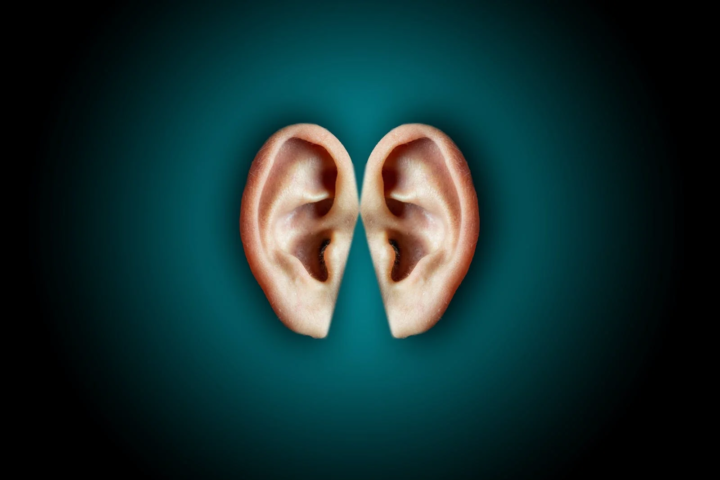Hearing Difficulties Are Common, Here’s How To Handle Them
Hearing difficulties are common, affecting people of all ages and backgrounds. In many cases, hearing loss is permanent and can cause significant challenges for those affected. The good news is that there are a variety of strategies to help manage hearing loss, from using assistive devices to joining support groups.
It’s important to understand the various forms of hearing loss and how to effectively respond in order to ensure an individual’s quality of life. Here is a brief overview of how to handle hearing difficulties .

1. Hearing aids
Hearing aids are the most common treatment for hearing loss. They amplify sound, allowing a person to hear better in certain settings. Hearing aids come in several styles and can be customized to an individual’s needs.
Additionally, there are background noise reduction hearing aids that can help improve sound quality in environments with a lot of background noise. It’s important to consult with a hearing specialist in order to find the best device for your needs. While hearing aids are not a cure, they can greatly improve one’s quality of life.
2. Assistive listening devices
These devices help to reduce background noise and amplify sound for individuals with hearing loss. Assistive listening devices can be portable or hardwired into the home, depending on the individual’s needs. Wireless systems are often used by those who need to hear in large settings such as classrooms or auditoriums.
Also, telephone amplifiers can help those with hearing loss by increasing the volume of incoming calls. If you have difficulty hearing on the phone, this could be a great option for you. It’s best to consult with an audiologist or hearing specialist to determine the best assistive device for your needs.
3. Cochlear implants
These devices are used to improve hearing for individuals with severe hearing loss. They are surgically implanted into the inner ear, allowing sound to be directly converted into electrical signals and sent to the brain. Cochlear implants can help restore hearing in those who have lost their ability due to damage or disease.
It’s important to consult with a doctor before considering this type of device, as there are risks associated with it. While cochlear implants are not a cure, they can greatly improve an individual’s quality of life.
4. Speech therapy
This is another option that can help those with hearing difficulties. A speech therapist helps to improve language and communication skills, as well as provides strategies for coping with hearing loss. They can also teach lip-reading or sign language if needed.
With the help of a speech therapist, individuals can learn how to manage their hearing difficulties in order to better understand what is being said around them. If you think speech therapy could be beneficial to you, it’s best to consult with an audiologist or hearing specialist. It’s important to find the right therapist for you in order to get the best results.
5. Support groups
Support groups can provide a safe, supportive space for individuals to discuss their hearing difficulties. Support groups can help individuals connect with others who know what it’s like to live with hearing loss and provide invaluable advice about how to cope. Additionally, many support groups offer educational materials and social activities that can be enjoyed by those who are living with hearing difficulties.
Also, support groups can provide individuals with the opportunity to discuss their experiences and gain insight from other members in a judgment-free setting. It’s important to find a support group that is right for you and offers the resources you need.
6. Technology
Technology can be a great tool for those with hearing difficulties. There are many hearing aid apps that allow people to customize the settings on their devices, as well as apps that can be used to monitor and track their hearing levels.
Additionally, there are devices that allow individuals to stream audio directly from a phone or other device into their hearing aid. Technology has greatly improved the lives of those with hearing difficulties by providing options for communication and entertainment. It’s important to research the different types of technology available in order to find what works best for you.
Hearing difficulties are common and can be very difficult to manage. However, there are many options available that can help improve the quality of life for those with hearing loss. From hearing aids and assistive devices to speech therapy and support groups, individuals have a variety of resources at their disposal. With the help of these tools and strategies, individuals can regain control of their hearing and enjoy life more fully.


